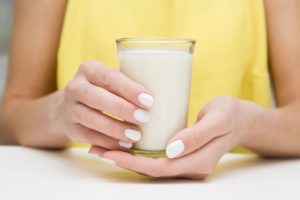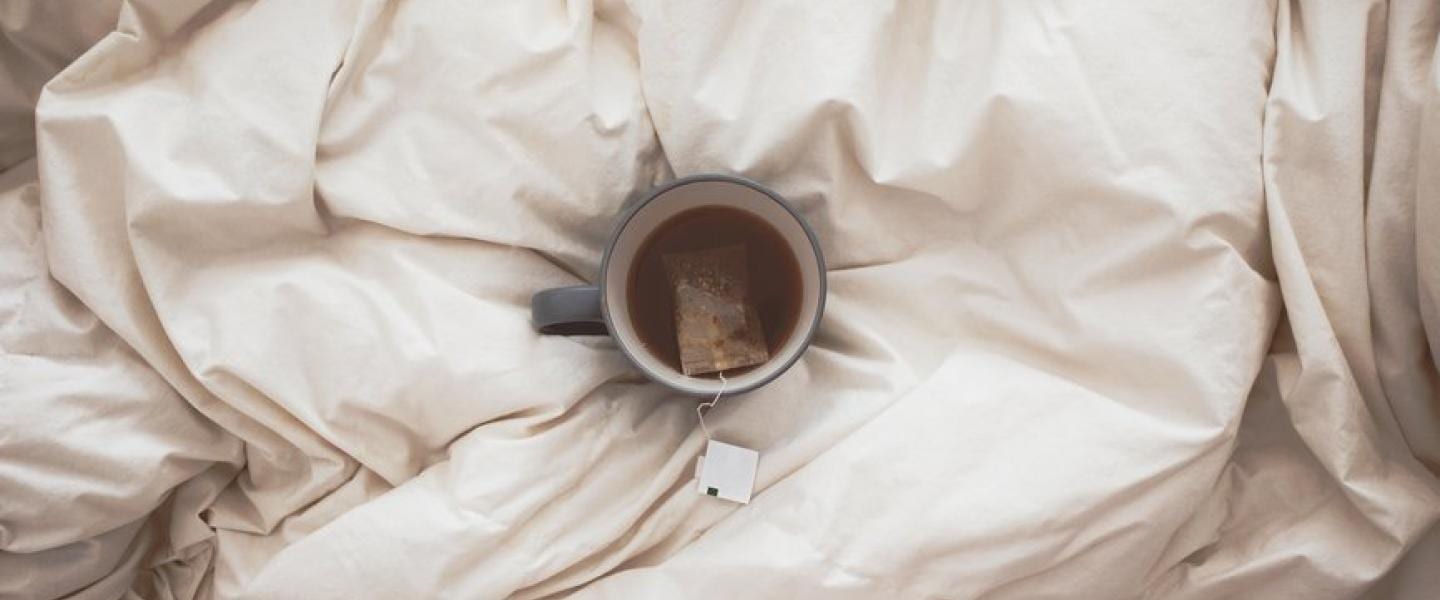Surprising Ways Hydration Affects Your Sleep
- Hydration plays a crucial role in regulating body temperature.
- Dehydration can impact the sleep-wake cycle and overall duration of sleep.
- Monitor water intake, choose hydrating foods, and be mindful of factors that may increase the risk of dehydration.
- Avoid nighttime bathroom trips by having a small drink of water before bed.
The body of the average adult is more than 50% water. It’s no surprise, then, that water plays an important role in many body functions, including sleep. Learn more about why getting enough water can support high quality sleep and how to stay hydrated without having to visit the bathroom several times a night.
The Relationship Between Hydration and Sleep
The seven or more hours that you sleep every night are likely the longest stretch of time you go without drinking or eating on any given day. But most people aren’t dehydrated when they wake up in the morning. That’s because during sleep, your brain releases a hormone called vasopressin that helps your body retain water. This is one many processes involved in the sleep-wake cycle.
Still, dehydration can disrupt sleep—and poor sleep can contribute to dehydration. When you go to bed without enough fluid in your body, you increase your risk of experiencing physical symptoms that make it harder to fall asleep and stay asleep, including :
- Dry mouth and feelings of thirst
- Headaches
- Muscle cramps
Conversely, if you sleep poorly—or if you don’t sleep long enough—you may be more vulnerable to dehydration. Experts hypothesize that sleep disruptions interfere with the release of vasopressin, causing your body to expel water it would otherwise retain. Moreover, chronic sleep deprivation may also impair kidney function, making it harder for the body to effectively regulate water levels.
Going to bed dehydrated could possibly result in a feedback loop in which low water levels compromise sleep and poor sleep intensifies dehydration. On the other hand, getting plenty of water throughout the day appears to support healthy sleep.
How to Prevent Dehydration During Sleep
There are several steps you can take to make sure you are well hydrated come bedtime and that you don’t become dehydrated during the night.
Drink Plenty of Water Throughout the Day
Most adults need to drink around two liters of water every day, though you may need more if you exercise, breastfeed, or are sick. Carry a water bottle with you and sip from it regularly. If you don’t enjoy the taste of plain water, try flavoring it with lemon, mint leaves, or fresh berries.
Eat Hydrating Foods
You don’t need to get all your water from beverages. You can also increase your water intake by eating fruits and vegetables with high liquid content, such as watermelon, pears, oranges, spinach, squash, and carrots.
Limit Caffeine and Alcohol Intake
Caffeine and alcohol are both diuretics—meaning they cause the body’s fluid levels to drop by increasing urination. When consumed in moderation and alongside water, neither is likely to cause dehydration, but drinking these beverages in the hours before bedtime may cause you to wake to urinate.
Moreover, caffeine and alcohol are both known to disrupt sleep. Caffeine is a stimulant that remains in your bloodstream for many hours after you consume it, and going to bed with alcohol in your system increases your chances of waking up in the second half of the night. Moreover, alcohol can intensify the symptoms of insomnia and sleep apnea. Make sure to stop drinking caffeine and alcohol at least eight and three hours before bedtime, respectively.
Take Steps to Prevent Nighttime Sweating
When you sweat, your body’s water levels drop—so sweating at night increases the risk of dehydration. Consider turning down the thermostat, using a fan, wearing light pajamas, and avoiding heavy bedding so that you stay cool.
If you experience night sweats, talk to your doctor about treatment options.
Improve Your Sleep Habits
Adopting healthy sleep habits can reduce sleep disruptions and possibly lower your risk for dehydration. Good sleep hygiene practices include:
- Going to bed and getting up at the same time every day
- Establishing a relaxing bedtime routine
- Avoiding screen time in the hour before you go to bed
- Making sure your bedroom is dark, quiet, comfortable, and distraction-free
How to Avoid Frequent Urination at Night
Healthy adults produce less urine at night—so making sure you’re hydrated when you go to bed does not necessarily mean you will wake up more often to go to the bathroom. That said, some people frequently experience the need to pee at night—a condition called nocturia—which can significantly disrupt sleep. Pregnancy, certain medical conditions or medications, and the natural process of aging are all associated with nocturia.
If you find that your efforts to stay hydrated increase the number of times you wake up to urinate, there are a number of things you can do to alleviate or resolve this problem.
- Use the bathroom before you go to bed: It may seem obvious, but try to pee before you go to sleep, even if you don’t feel a strong urge to urinate. This will allow you to begin the night with an empty bladder.
- Reduce fluid intake before bed: Drinking water throughout the day should allow you to safely limit fluids in the two hours before bedtime. In particular, avoid drinking caffeine and alcohol, which tend to increase bladder activity.
- Limit salt and protein intake late in the day: Digesting foods that are high in salt or protein can cause your body to increase urine production. Avoiding such foods in the hours before bedtime may reduce your need to pee at night.
- Elevate your legs: If you experience swelling in your legs or feet, spend some time before bed with your legs elevated. This will help your body absorb fluid from swollen areas before you go to sleep—and it will increase your chances of expelling that fluid when you pee before going to bed. Wearing compression socks or stockings throughout the day may also reduce your need to pee at night.
Additionally, no matter how often you have to pee at night, it’s important to make sure your path to the bathroom is free of obstacles and lit by a nightlight. Making trips to the bathroom at night increases the risk of falls, especially for older individuals.
References
4 Sources
-
Taylor, K. & Jones, E. (2022, October 3). Adult Dehydration. StatPearls.
https://www.ncbi.nlm.nih.gov/books/NBK555956/ -
Rosinger, A. Y., Chang, A. M., Buxton, O. M., Li, J., Wu, S., & Gao, X. (2019). Short sleep duration is associated with inadequate hydration: Cross-cultural evidence from US and Chinese adults. Sleep, 42(2), 10.1093/sleep/zsy210.
https://pubmed.ncbi.nlm.nih.gov/30395316/ -
U.S. Centers for Disease Control and Prevention. (2022, June 6). Water and Healthier Drinks.
https://www.cdc.gov/healthyweight/healthy_eating/water-and-healthier-drinks.html -
Colrain, I. M., Nicholas, C. L., & Baker, F. C. (2014). Alcohol and the sleeping brain. Handbook of Clinical Neurology, 125, 415–431.
https://pubmed.ncbi.nlm.nih.gov/25307588/























